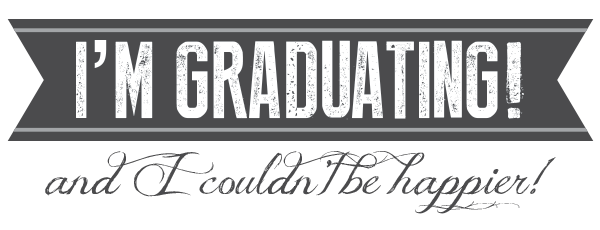
(1) Positive Statement
What are you most proud of in your block presentation and/or your senior project? Why?
- The thing im most proud of is the fact that I went over the talking time which I was most worried about. So it resulted in being able to make the one hour mark as well.
- the reason why im proud of that is because it means that i don't get an NC on my presentation
(2) Questions to Consider
a. What assessment would you give yourself on your block presentation? Use the component contract to defend that assessment.
AE P AP CR NC
- P
b. What assessment would you give yourself on your overall senior project? Use the component contract to defend that assessment..
AE P AP CR NC
- P
(3) What worked for you in your senior project?
- I think the thing that worked the most for my senior project was the fact that I was actually able to find a mentor that was a nurse since the beginning of the year & that our schedules worked out too.
(4) (What didn't work) If you had a time machine, what would you have done differently to improve your senior project?
- I would probably just request more time to work in the pediatric floor so I could focused on Pediatric Oncology
How has the senior project been helpful to you in your future endeavors? Be specific and use examples
- I really liked how my senior project helped me understand so much about nursing on what a nurse goes through on a daily basis. Also I think being able to work with nurses was a big achievement for me because i was able to have self experience

